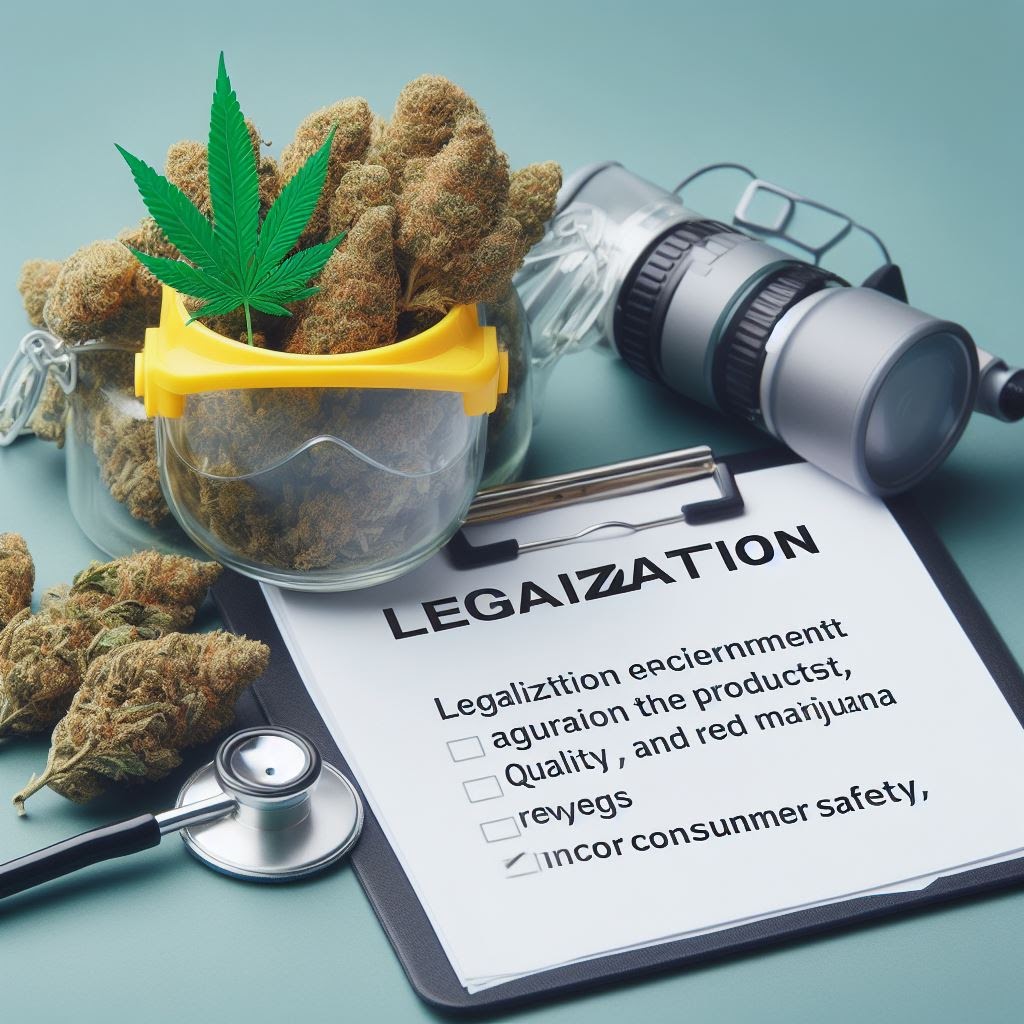The Legalization of Marijuana and Its Potential Benefits and Drawbacks
The debate surrounding the legalization of marijuana has gained significant attention in recent years. While some countries and states have embraced its legalization for medical and/or recreational purposes, others remain cautious. This essay will explore the potential benefits and drawbacks of marijuana legalization, addressing its impact on health, economy, crime rates, and social factors.
Potential Benefits of Marijuana Legalization:
1. Medicinal Uses:
Legalizing marijuana allows for increased access to its potential medicinal benefits. The plant contains compounds, such as THC and CBD, which have shown promise in alleviating symptoms of various medical conditions, including chronic pain, epilepsy, multiple sclerosis, and nausea caused by chemotherapy. Legalization can facilitate research, development, and availability of marijuana-based medicines, providing relief to patients in need.
2. Economic Opportunities:
The legalization of marijuana can create new economic opportunities. It can stimulate job growth in the cultivation, distribution, and retail sectors, generating tax revenue for governments. Legalization also reduces the costs associated with enforcing prohibition, allowing resources to be redirected to more pressing law enforcement priorities.
3. Regulation and Safety:
Legalization enables governments to regulate the production, quality, and distribution of marijuana, ensuring consumer safety. By implementing quality control measures, age restrictions, and educational campaigns, the risks associated with contaminated or unsafe marijuana can be minimized. Additionally, legalizing marijuana can help reduce the black market and associated criminal activities.
Potential Drawbacks of Marijuana Legalization:
1. Health Risks:
While marijuana has potential medicinal benefits, it is not without health risks. Regular use, particularly in adolescence, has been associated with cognitive impairments, mental health disorders, and addiction. Legalization may lead to increased availability and accessibility, potentially leading to higher rates of use and associated health consequences.
2. Road Safety:
Marijuana impairs cognitive and motor functions, which can increase the risk of accidents, particularly when driving under the influence. Establishing and enforcing laws regarding impaired driving and implementing effective testing methods to detect marijuana impairment are essential to minimize road safety risks.
3. Public Health Concerns:
Legalization may lead to increased use, particularly among vulnerable populations. This can have public health implications, such as increased rates of addiction, mental health disorders, and potential negative effects on educational attainment and workforce productivity. Public health campaigns and educational programs are vital to inform the public about potential risks and promote responsible use.
The legalization of marijuana is a complex issue with potential benefits and drawbacks that must be carefully considered. While legalization can provide access to medicinal benefits, create economic opportunities, and enhance regulation and safety, it also poses health risks, road safety concerns, and potential public health challenges.
To maximize the benefits and mitigate the drawbacks, governments need to implement comprehensive regulations, invest in public education, and prioritize harm reduction strategies. Ongoing research, monitoring, and adaptation of policies are crucial to ensure that marijuana legalization is approached in a responsible and balanced manner, considering both individual liberties and the well-being of society as a whole.







Comments
Post a Comment